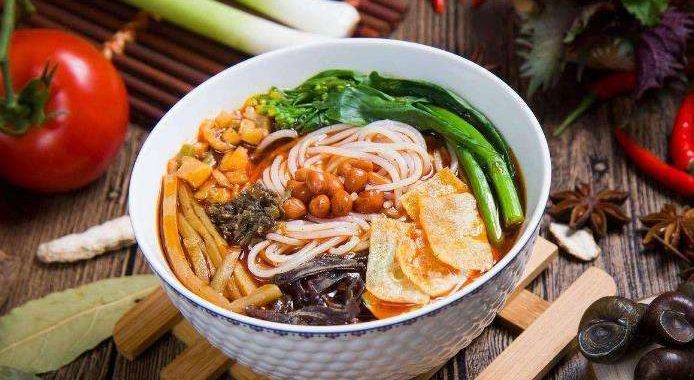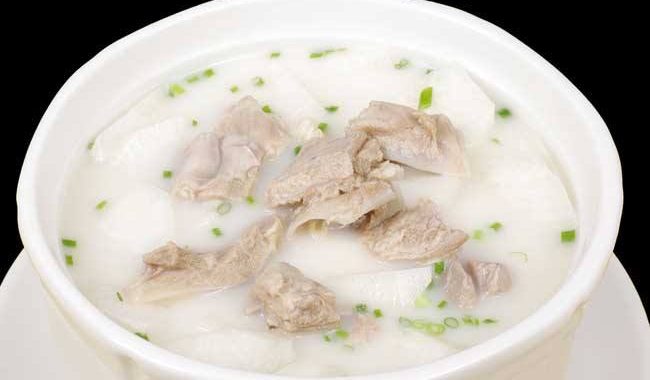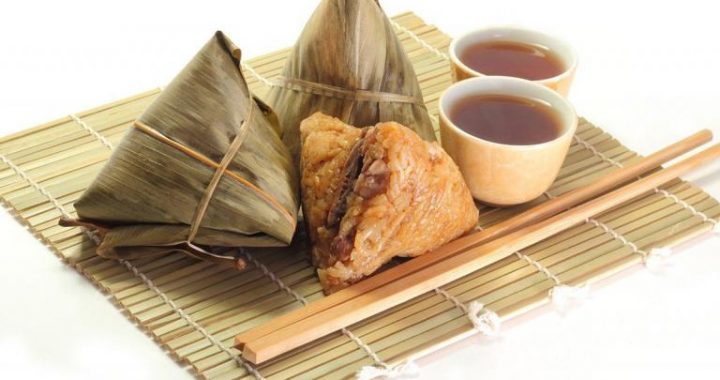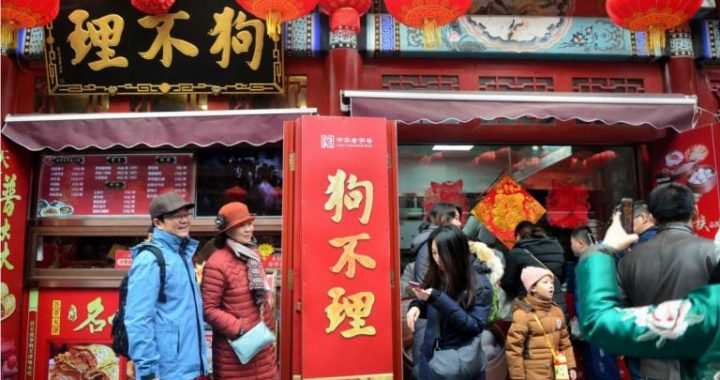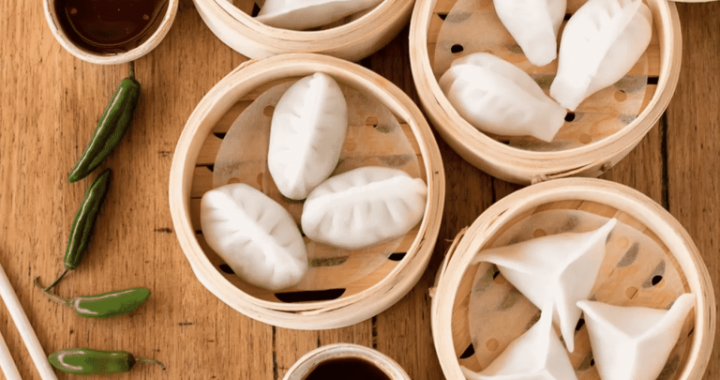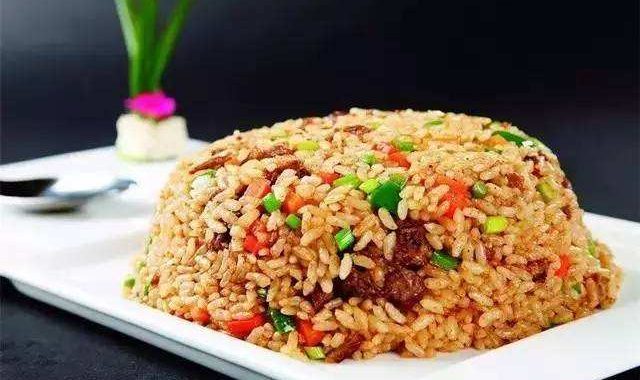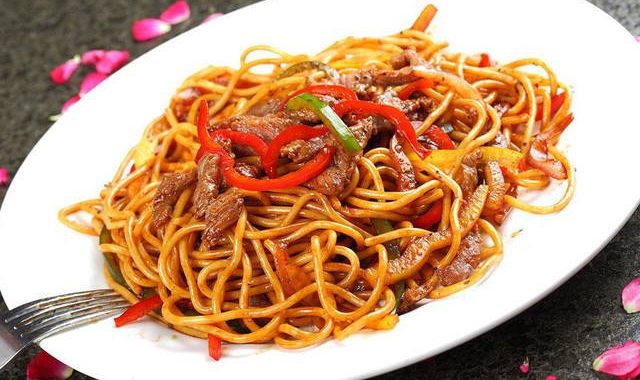Little White Apricot with Flesh Inside and Outside
6 min readSpeaking of Kutsi Kongdom, you might think of the historical ancient town Kuqa; speaking of “the Silk Road”, you might think of the town Kuqa of economic importance; and speaking of “home of Chinese white apricot”, will you think of Kuqa? On this magical land, little white apricot unparalleled in China and even in the world is produced. It has a history of over 2,000 years, and there are over 20 excellent varieties remaining, some are as large as egg and some are small as litchi, just like a beautiful Uygur girl’s postures and fascination by combining red, white and yellow color into one. Among them, Aqshimishi is of the highest grade, meaning “white honey”, with thick flesh, less fiber, plentiful juice andstrong sweetness. Only taking a small bite and tasting it with the tip of tongue, your mouth will be filled with the aromatic sweetness of little white apricot whose thick juice will slip into the internal organs of the body and moisten them. Therefore, the feeling is unforgettable. Just like the local people say,”Aqshimishi, very sweet! Eat it! In an instant, it will sweeten you from the teeth to your kidney!”

“An apricot is a bag of honey which is aromatic, tasty and pleasant.”If it will be your regret failing to eat Turpan grape and Honey Melon, then failing to eat little white apricot of Ulugqat Town, Kuqa will be your biggest regret in life. In the cry of Aqshimishi of the orchardists, in the song”apricot flower is red in the orchard, but do not regard it as flower; the lovers of others’ smile to you, but you oughtn’t to love her……”and seeing the loversnearby amuse themselves in the orchard in couples, you will unconsciously arrive at the largest orchard in Kuqa-Ulugqat Orchard, where there are widely-spread “happy farmhouses”, which is called “apricot orchards”by local people. Here held the commencement of an international poetry conference in South Xin jiang. The poet Xichuan said he was like a Bayi (landlord) who profited by other people’s toil presenting the compunction and admiration of a traveler to the local people.”Apricot orchards “are different from the “happy farmhouses”in the inland or “grape corridors”in Turpan. Whenyou look upwards, the sunshine penetrate green leaves to shine on the yellow and shiny
little fruit; when you take a deep breath, the air is filled with the aroma of apricot; when you feel it with your hand, the fruit is round and slippery. Then I believe you can’t resist its attraction. Why not let this sweet and juicy “white honey”satisfy your appetite? But don’t eat too much-this is not because the orchardists’ unwillingness, but because it arouses internal heat.
Don’t throw apricot kernel away after eating apricot flesh because only by a bite with teeth, you will eat the tasty “little almond”, which is also the reason why people call it with”flesh inside and outside”. According to the local people, the ancient people put apricot kernels in the wall when building it. On one hand, the kernels reinforce the building, and on the other hand, people believe that they have an efficacy of driving out evil spirits. It is the intelligence and imagination of the ancient Kutsi people. The almond in the north is mostly bitter almond, but its efficacy is as good as that of the almond in the south, which is not only a good medicine to cure diseases, but also an ingredient of delicacies, such as fried almond pumpkin pie, shrimp meat saut ed with celery and almond.
At the end of August,I went on business to Kuqa in the hope of trying the little white apricot, but I would not have expected that the little white apricot is off-season. With the introduction of the local people,I went to the largest wholesale market of little white apricot-the train station to take my chance. There were peddlers all over with noisy cry, but what they carried is not apricot but apricot wine, dried apricot, almond and preservedapricot.I asked one peddler when I was reading the product introduction that when I coul eat “Aqshimishi little white apricot”. He said confidently that “Little white apricot is our major business because it is sold all over China as well as the Southeast Asian districts.
When it is June and July, apricot is just like the way of our business, to go to bazaar and seize the market for success. However, the products made from apricot are quite good, so you can buy and try.”If you want to eat true little white apricot, you may come to Xinjiang, to Kuqa in June and July when apricot “fights”. The enthusiastic and friendly people of Xin jiang will certainly let you amuse yourself in the apricot orchard, pick and eat apricot as you wish. You can also see the orchardists pick apricot up and down, shell the apricot from dawn till dark, and bask the almond around their houses. What you enjoy is not simply the banquet of “apricot happiness”, but more about the apricot culture which is exclusively in Xinjiang.

Speaking of little white apricot,I have to mention Semaiti apricot, which enjoys a good reputation as Yengisar knives and Darwaz for long time. There is a legend that as early as several hundred years ago, an orchardist named Semaiti lived in Aigus, Yengisar(the current Aigus Town, Yengisar County). Because he couldn’t stand the severe drought at that time, he fled across the Pamir to Central Asia, and found some excellent apricot tree species by accident. After returning home, he transplanted several seedlings brought back by him to his own orchard. Unexpectedly, it bloomed and bore fruit in the same year. The apricot was even bigger and brighter as well as tastier than the foreign apricot. In the second year, Semaiti grafted this apricot branch to the other apricot trees, and they bore fruits as before. Later, he grafted such apricot branch around his house and even the whole orchard, and then he made a fortune from it. After the message spreading, the villagersconsulted him one after another, so Semaiti passed all sets of managerial experiences accumulated all through his life to the villagers which looked like providing a great treasure for the villagers. Then people named this apricot from foreign country and elaborately cultivated by Semaiti as the “Semaiti apricot”to honor this old man of noble character and high prestige. Yengisar County is located in the northern slope of Kongur Tagh of Mt. Kunlun, on the western rim of Tarim Basin. There are four distinctive seasons, but with particularly large circadian temperature disparity in the villages along the mountainous area, thus it is particularly suitable for melons and fruits to accumulate sugar, and Semaiti apricot is produced here. Therefore, Semaiti apricot is called “jade bead of iced mountain”by the people. At present, Yengisar County is named by State Forestry Bureau as “Home of Chinese Semaiti apricot”, which is regarded as a nationally important production base of high quality apricot.
As the saying goes,”Peach nurtures people, apricot hurts people and people will die under a plum tree.”While please don’t worry about it, because the little white apricot produced in Kuqa doesn’t hurt people and it holds great medicinal value, which is the magic of it. The traditional Chinese masterpiece Compendium of Materia Medica summarized three efficacies of apricot which are moistening lung, eliminating impaction and running flatulence. In Chinese medicine, apricot is often used to moisten lung, reduce phlegm, clearing away heat and toxic materials. Almond can invigorate the kidney to improve the self-immunity. The nutritious elements of almond cream has complementary and treatment effects on dry and damaged skin, so to speak, it owns the body building effects for both men and women. It is indicated by the latest research that apricot contains lots of vitamin B17, which is regarded as one of the most promising anti-cancer elements, so little white apricot is also called “magical anti-cancer fruit”. Especially Semaiti apricot produced in Yengisar County, each 100 grams of apricot flesh contains sugar 18%, carotene 1.9%, protein 0.9% as well as trace thiamine, riboflavin, nicotinic acid, ascorbic acid, calcium, phosphorus and vitamins, having great efficacy of healthcare and cancer resistance. The little white apricot in Kuqa contains water up to 53%, and the rest 11 kinds of chemical elements are beneficial to human kind such as amino acids, vitamins, sugar and all kinds of digestive enzymes. Therefore, its nutritious value is 2 times higher than that of fish; meanwhile, it is without any harm but contains certain efficacy for losing weight and beautifying, constipation, arteriosclerosis, malnutrition, dyspepsia and neurasthenia.

